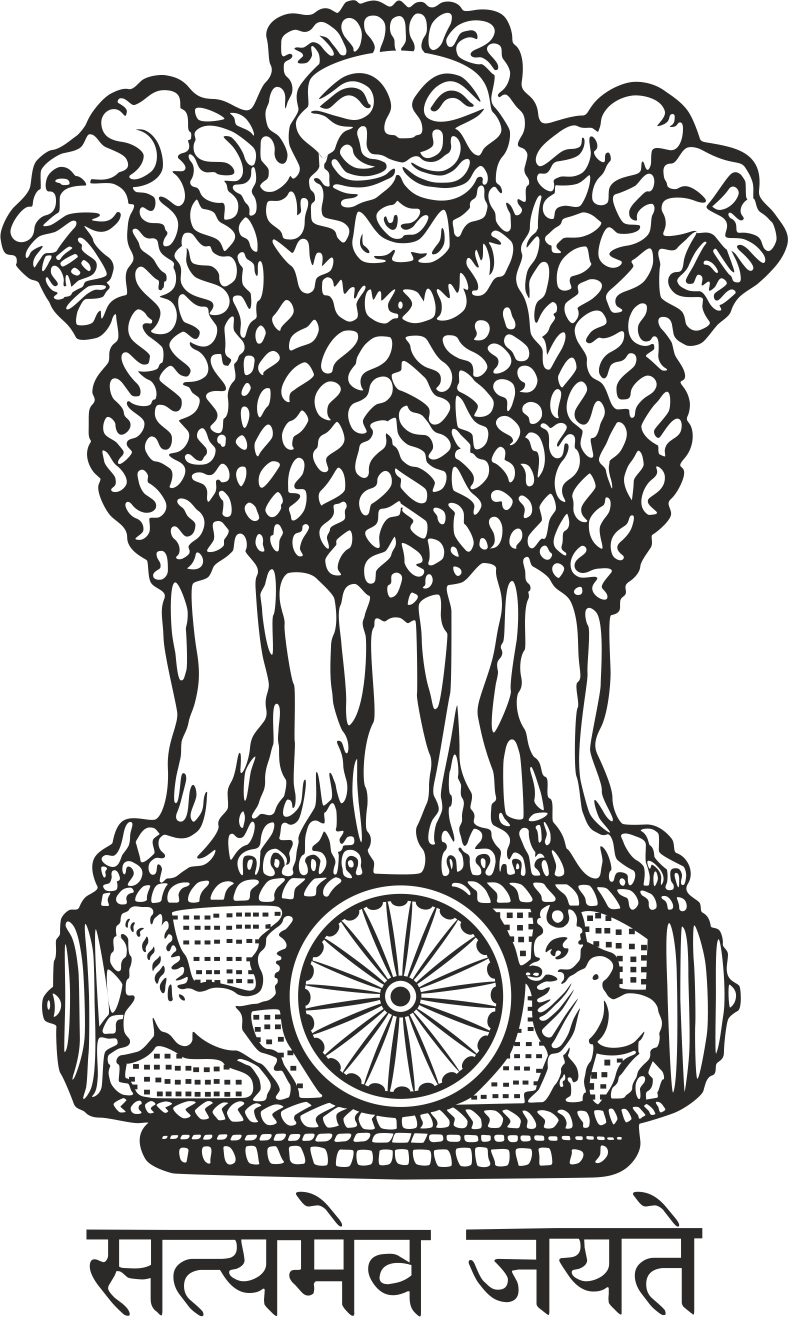Dr. B. R. Ambedkar's Speeches in the Constituent Assembly
Role in Constituent Assembly
Even before joining the Constituent Assembly, Dr. Ambedkar was developing ideas of constitutional theory and democracy. For instance, in one of his famous works titled Annihilation of Caste (1936) he writes, “my ideal would be a society based on Liberty, Equality and fraternity, which is only another name for democracy. Democracy is not merely a form of Government. It is primarily a mode of associated living, of conjoint communicated experience. It is essentially an attitude of respect and reverence towards fellowmen.”
As Chairman of the Drafting Committee, Dr Ambedkar highlighted several important constitutional ideas in the Constituent Assembly. Some of the excerpts from his speeches in the Constituent Assembly are as follows:
On Article 32 of the Constitution
“If I was asked to name any particular article in this Constitution as the most important--an article without which this Constitution would be a nullity--I could not refer to any other article except this one. It is the very soul of the Constitution and the very heart of it.” (9 December 1948)
On Working of the Constitution
“However good a Constitution may be, it is sure to turn out bad because those who are called to work it, happen to be a bad lot. However bad a Constitution may be, it may turn out to be good if those who are called to work it, happen to be a good lot. The working of a Constitution does not depend wholly upon the nature of the Constitution.” (25 November 1949)
On Social Democracy
“The third thing we must do is not to be content with mere political democracy. We must make our political democracy a social democracy as well. Political democracy cannot last unless there lies at the base of it social democracy. What does social democracy mean? It means a way of life which recognizes liberty, equality and fraternity as the principles of life. These principles of liberty, equality and fraternity are not to be treated as separate items in a trinity. They form a union of trinity in the sense that to divorce one from the other is to defeat the very purpose of democracy. Liberty cannot be divorced from equality, equality cannot be divorced from liberty. Nor can liberty and equality be divorced from fraternity. Without equality, liberty would produce the supremacy of the few over the many. Equality without liberty would kill individual initiative. Without fraternity, liberty equality could not become a natural course of things. It would require a constable to enforce them… For fraternity can be a fact only when there is a nation. Without fraternity equality and liberty will be no deeper than coats of paint.” (25 November 1949
Future of the Constitution
“If we wish to preserve the Constitution in which we have sought to enshrine the principle of Government of the people, for the people and by the people, let us resolve not to be tardy in the recognition of the evils that lie across our path and which induce people to prefer Government for the people to Government by the people, nor to be weak in our initiative to remove them. That is the only way to serve the country. I know of no better.” (25 November 1949)


 17 Dec 1946
17 Dec 1946